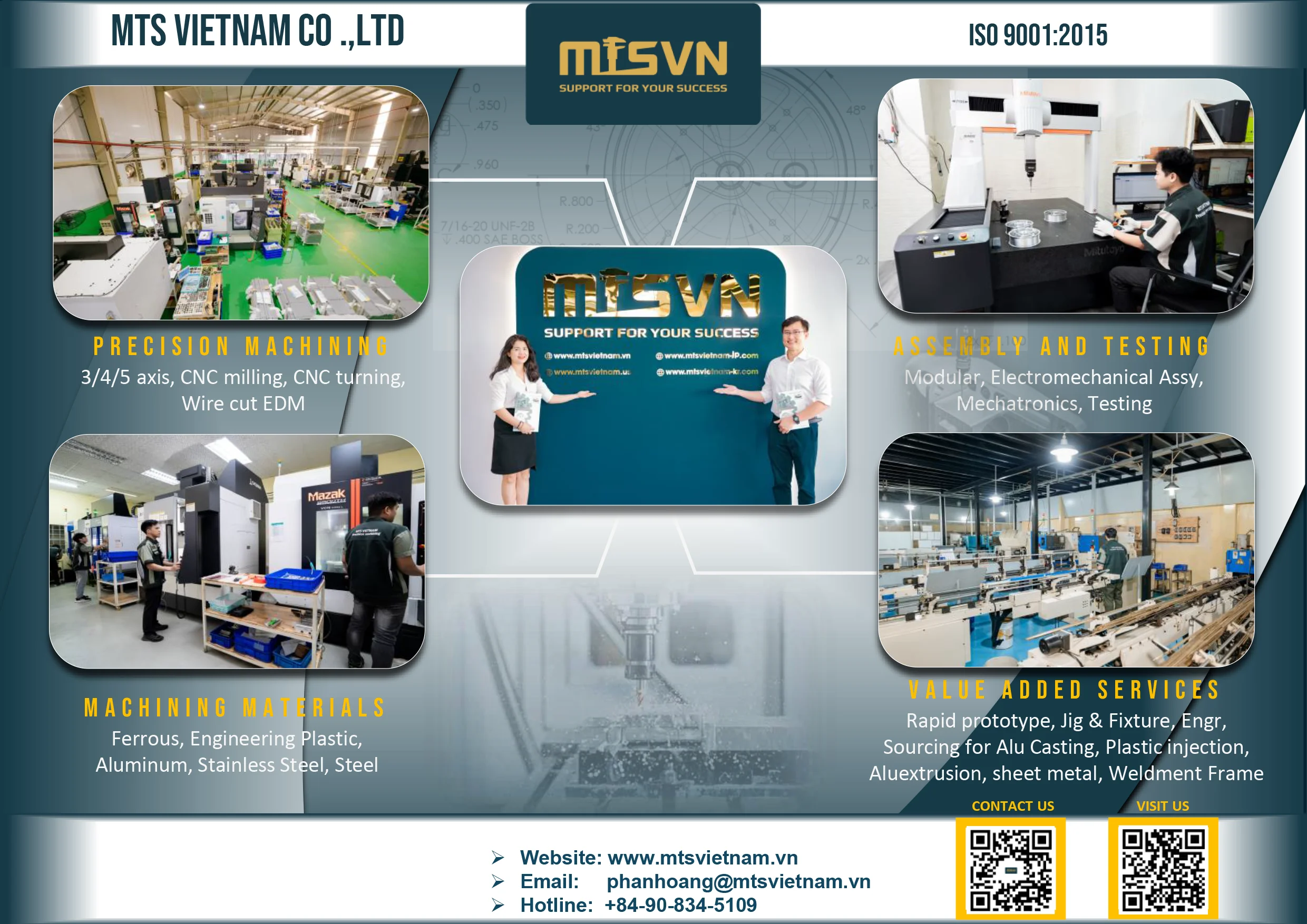Introduction
In the dynamic environment of modern manufacturing, the ability to quickly and efficiently change tools within a CNC (Computer Numerical Control) machine drastically enhances productivity and operational flexibility. This article provides an in-depth look at CNC tool changers, exploring their function, types, and the role they play in modern machining processes.
The Role of CNC Tool Changers
A CNC tool changer is an integral component of automated manufacturing systems, designed to reduce machine downtime and increase production efficiency by quickly switching between different tools during a machining process. This automation allows for complex operations to be completed without manual intervention, improving precision and reducing the likelihood of errors.
Key Functions of CNC Tool Changers
- Automation of Tool Switching: Tool changers automate the process of changing tools, which is essential for jobs that require multiple tooling operations.
- Reduction of Non-Productive Time: By minimizing the time spent changing tools manually, these devices significantly cut down overall cycle times.
- Enhanced Machine Utilization: Tool changers enable a machine to perform a variety of tasks back-to-back without stopping, effectively increasing the utilization and output of the CNC machine.
- Improved Operator Safety: By automating tool changes, the risk of accidents associated with manual tool changes is significantly reduced.
Types of Tool Changers
- Automatic Tool Changers (ATCs): These are among the most common types of tool changers found in CNC machines. They automatically select, change, and store tools without operator intervention. ATCs are further divided into two main types:
- Carousel Type: Uses a revolving storage mechanism to hold tools. It is cost-effective and suitable for machines with a moderate number of tools.
- Arm Type or Swing Arm: Offers faster tool changes by directly swapping tools between the spindle and the tool magazine. It's ideal for high-speed machining centers. - Manual Tool Changers: Require operator intervention to change tools. While less efficient, they are simpler and more economical, suitable for smaller shops or less complex applications.
Advancements in Tool Changer Technology
Recent technological advancements have significantly improved the performance and capabilities of CNC tool changers:
- High-Capacity Magazines: New designs include larger storage capacities, allowing for a greater variety of tools and longer uninterrupted operations.
- Faster Tool Change Mechanisms: Developments in mechanical design and control systems have reduced tool change times dramatically, enhancing overall machine efficiency.
- Integrated Tool Management: Modern tool changers are often integrated with tool management systems that track tool usage and wear, helping to optimize tool life and machining quality.
- Smart Systems: Incorporation of sensors and connectivity features that allow tool changers to communicate with CNC controllers and maintenance systems, facilitating predictive maintenance and reducing downtime.
Challenges and Considerations
Selecting the right tool changer involves considering several factors, including the type of CNC machine, the complexity of the machining tasks, and the desired level of automation. Maintenance is also crucial; regular checks and servicing ensure the reliability and longevity of the tool changer.
Conclusion
Tool changers represent a critical component in the optimization of CNC machining operations. They enhance the flexibility, speed, and safety of manufacturing processes, making them indispensable in a competitive production landscape. As technology continues to advance, the capabilities of CNC tool changers will expand further, driving efficiencies and innovations in manufacturing industries worldwide.
MTS Vietnam is a prominent company specializing in precision mechanical components fabrication. Established in 2017, it has quickly become a reputable name in the Vietnamese and Southeast Asian markets. The company's expertise lies in CNC milling and turning parts made from a variety of materials, including Aluminum, Steel, Stainless, POM, and other engineering plastics. MTS Vietnam is dedicated to supporting the success of its customers and strives to be a leading company in the field of precision mechanical processing both in Vietnam and internationally.
In addition to its fabrication services, MTS Vietnam offers assembly services for components and machines, as well as CNC program services. This comprehensive range of services is aimed at providing optimal solutions and benefits to its customers through the company's ecosystem and strengths. MTS Vietnam emphasizes the importance of investing in new technology and quality control equipment to ensure that it can deliver merchandise at competitive prices and within the required deadlines.
WORKSHOP: 248/10 ĐT743A Street, Binh Thung 1 Quarter, Binh An Ward, Di An City, Binh Duong Province, Vietnam
Tel/zalo/viber: 0908.345.109
Email: phanhoang@mtsvietnam.vn | info@mtsvietnam.vn
Website: www.mtsvietnam.vn (Global Market) | www.mtsvietnam-jp.com (日本)
For USA Sales, please contact MTS USA at:
Tel/zalo/viber: 978-777-1716
Email: sales@mts-usasales.com
Website: www.mtsvietnam.us (US Market)







